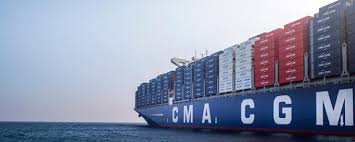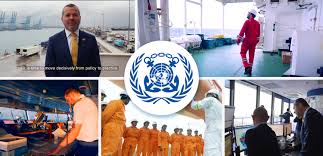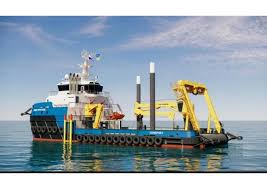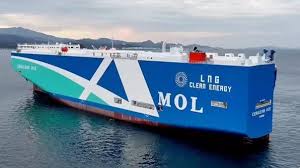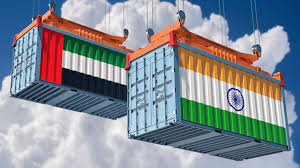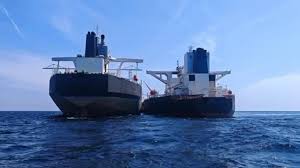Maersk signs new orders for dual-fuel vessels, reinforcing its fleet renewal and decarbonization goals.
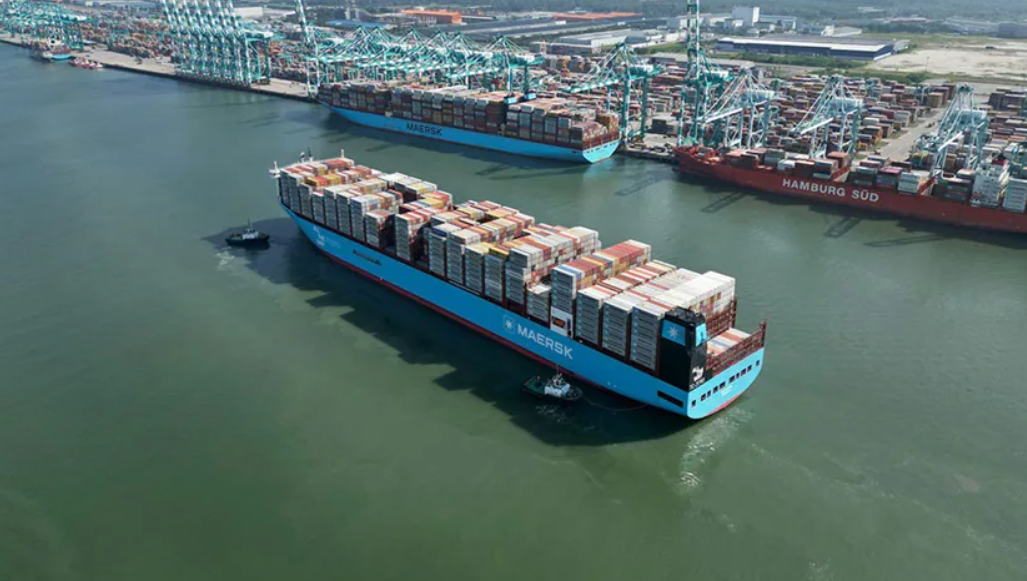
In its ongoing fleet renewal programme launched in 2021, Maersk is placing newbuilding orders and time-charter contracts for dual-fuel vessels, maintaining a renewal pace of approximately 160,000 TEU annually. “Our fleet renewal programme is crucial for maintaining our competitive edge and decarbonizing operations,” stated Rabab Boulos, Chief Operating Officer at Maersk. Due to the crowded shipyard order books and extended vessel delivery lead times, Maersk has ordered and chartered 800,000 TEU dual-fuel vessels, ensuring capacity for 2026-2030.
These vessels come in various sizes, providing network flexibility. Committed to decarbonization, Maersk will operate all vessels on low-emission fuels, employing a mix of methanol and liquefied gas dual-fuel propulsion systems. Green methanol is anticipated to be the most competitive and scalable option in the short term, but Maersk also envisions a multifuel future, including liquefied bio-methane. Once delivered, about 25 percent of Maersk’s fleet will have dual-fuel engines.
Ahmed Hassan, Head of Asset Strategy & Strategic Partnerships at Maersk, emphasised that these orders will maintain, not expand, Maersk’s fleet capacity at around 4.3 million TEU. Each new vessel will replace an older one, diversifying the fleet and fuel options to adapt to a future with multiple fuel paths. The total order includes 50-60 dual-fuel vessels, split between owned and chartered capacities, with 300,000 TEU owned and 500,000 TEU under time-charter agreements.
Maersk is securing offtake agreements for liquefied bio-methane to ensure greenhouse gas reductions. Previously, Maersk announced orders for 25 owned dual-fuel methanol vessels, adding about 350,000 TEU of dual-fuel capacity.






